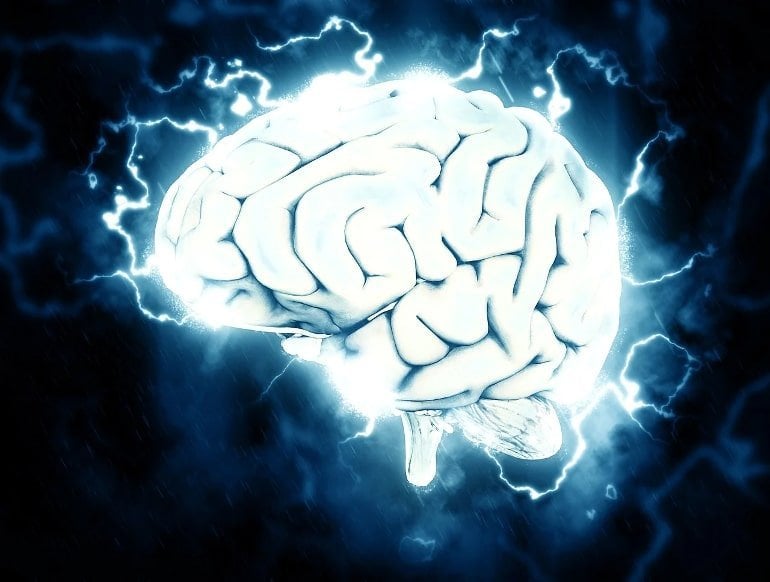Ask your doctor, and not politely, EXACTLY HOW THIS WILL GET STROKE SURVIVORS RECOVERED!
Advance in Intelligent Neuroprosthetics May Benefit Those With Motor Diseases
Summary: It may be possible to optimize the stimulation parameters of brain implants in animals without human intervention. The study highlights the potential for autonomous optimization of prostheses implanted in the brain. The advance may prove to be beneficial for those with spinal cord injury and diseases that affect movement.
Source: University of Montreal
Scientists have long studied neurostimulation to treat paralysis and sensory deficits caused by strokes and spinal cord injuries, which in Canada affect some 380,000 people across the country.
A new study published in the journal Cell Reports Medicine demonstrates the possibility of autonomously optimizing the stimulation parameters of prostheses implanted in the brains of animals, without human intervention.
The work was done at Université de Montréal by neuroscience professors Marco Bonizzato, Numa Dancause and Marina Martinez, in collaboration with mathematics professor and Mila researcher Guillaume Lajoie.
The study grew out of an important interdisciplinary collaboration between researchers who combine expertise in neuroscience and artificial intelligence, two fields of expertise in which the UdeM stands out internationally.
‘A very promising phase’
“Neuroprostheses—devices designed to restore connections between neurons following a loss of motor function—are entering a very promising phase of their development,” said Lajoie. “We are demonstrating the benefits obtained by autonomously optimizing their parameters.”
If the performance of these prostheses has increased, it’s thanks to the autonomous learning algorithms put forward by the researchers, added Bonizzato.

“Optimization algorithms allow us to design very refined neurostimulation protocols and personalize treatments according to the condition of each patient.”
For his part, Dancause believes that although “there are several ways of stimulating the brain, the contribution of artificial intelligence is essential to make the most of the data collected and anticipate conditions that do not yet exist.”
With these technological advances, scientists are closer to finding new neuroprosthetic solutions to improve the treatment of pathologies such as spinal cord injuries and strokes, or deep brain stimulation through neuromodulation to treat conditions such as Parkinson’s disease.
About this neurotech research news
Author: Press Office
Source: University of Montreal
Contact: Press Office – University of Montreal
Image: The image is in the public domain
Original Research: Open access.
“Autonomous
optimization of neuroprosthetic stimulation parameters that drive the
motor cortex and spinal cord outputs in rats and monkeys” by Marco Bonizzato et al. Cell Reports Medicine
No comments:
Post a Comment